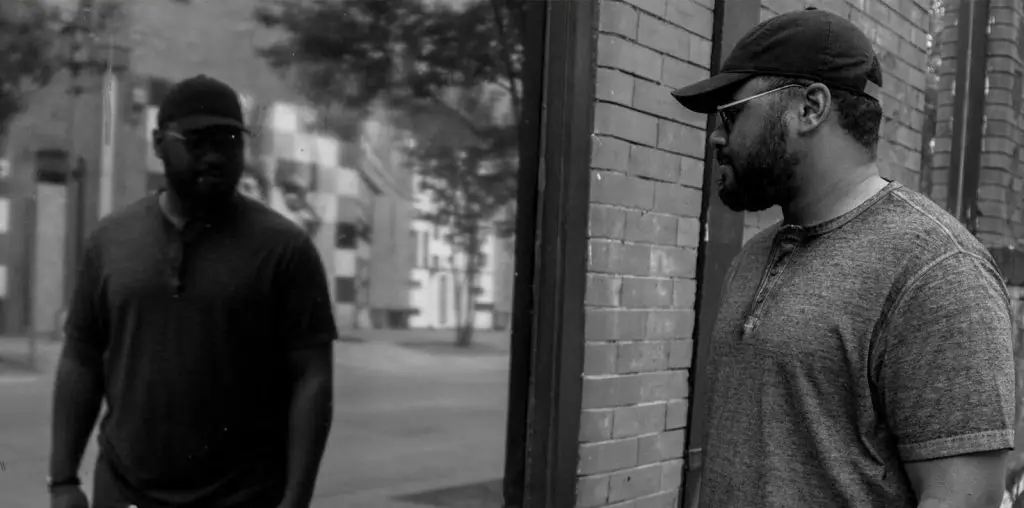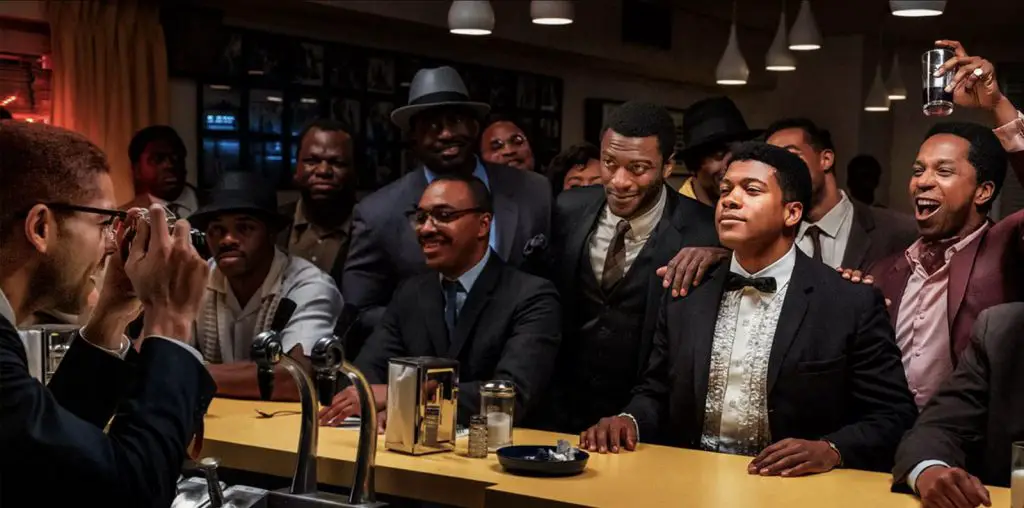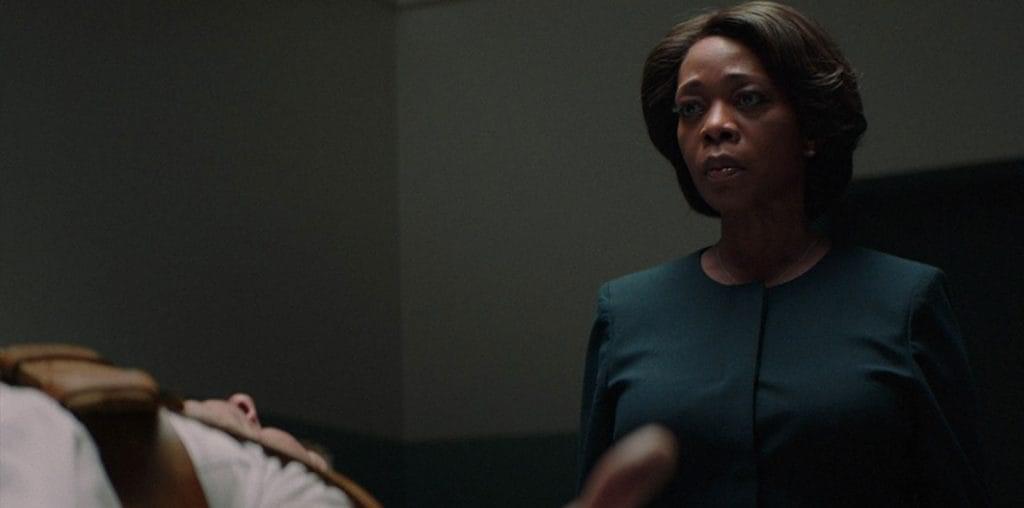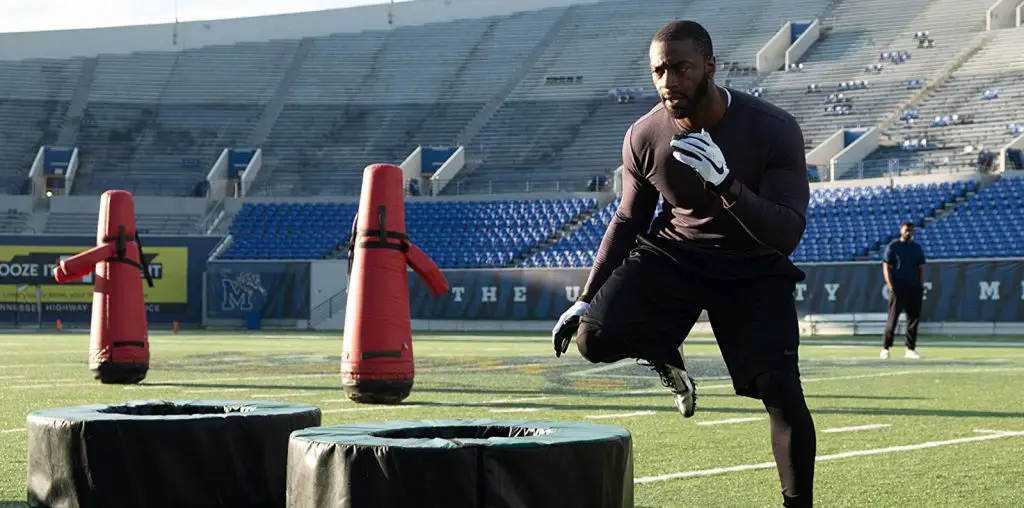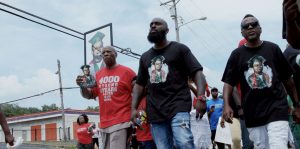
By now, all of us have seen at least five or more videos of police shootings or killings of unarmed Black people in America. We have seen the chants of #BlackLivesMatter and the call for #DefundThePolice. We’ve seen people (mostly White) push back with #AllLivesMatter and #BlueLivesMatter, proving the racial divide in America is stronger than ever. But, for those of us (like myself) who have been reporting on this for years, it can all be traced back to:
The Murder of Michael Brown.
In the documentary What Killed Michael Brown?, we come back to where it all started: Ferguson, MO. Director/narrator Eli Steele recounts the days of the case that drew a line in the sand through this country. The story of a cop named Darren Wilson, who, while on patrol on the day of August 9, 2014, shot a young, unarmed 18-year-old six times, leaving him dead in the street…FOR 4 HOURS, before medical examiners came to claim the body.
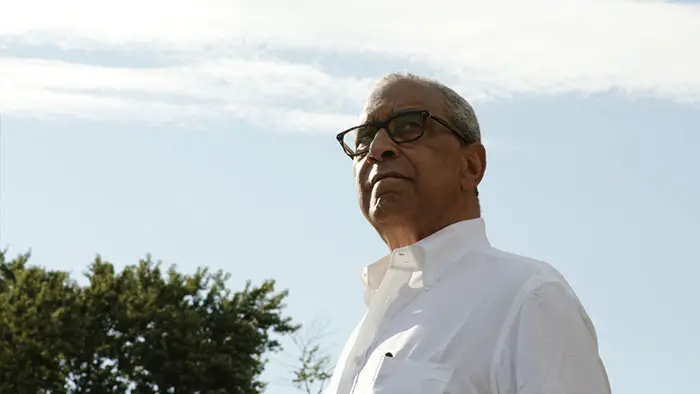
“…shot a young, unarmed 18-year-old six times, leaving him dead in the street…FOR 4 HOURS…”
Brown’s death, coming off the heels of the high profile killing of Travon Martin, lit the fuse in the powder keg of frustration of Black people dealing with a justice system which had shown time and time again their bias (and prejudice) against the Black community. This is the point Americans picked sides: support Black lives or support the police.
What really happened?
Steele takes us on a journey of what happened that day and the days that followed in Ferguson. The tension was as high as it was during the events of the Rodney King verdict in Los Angeles nearly 20 years ago. The people took to the streets of Ferguson, justifiably angry and wanting answers. The Ferguson police department was extremely deceitful and defensive about the officer-involved, Darren Wilson, and people wanted accountability for this young boy’s murder. In response to the uprising of Brown’s supporters, the FPD came at them with tear gas, rubber bullets, brute force, and arrests. Even those in the media were being rounded up and thrown in a cell without due process. From that point, Ferguson became a war zone of racial uprising. The likes of Al Sharpton, Dr. Cornel West, and other prominent Black leaders took this story and ran with it, leading marches and protests with social media attention that saturated most platforms (although for some “mysterious” reason, network news outlets did not report on any of it). It did eventually reach the ears of DC and the Obama administration. The media was then made aware of officer Darren Wilson’s identity after being placed in protective custody. But he was no longer in the spotlight. America was now on trial!
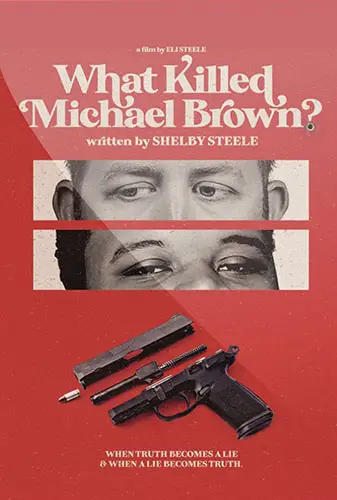
"…was Darren Wilson a racist who saw an opportunity to execute a young Black teen?"
